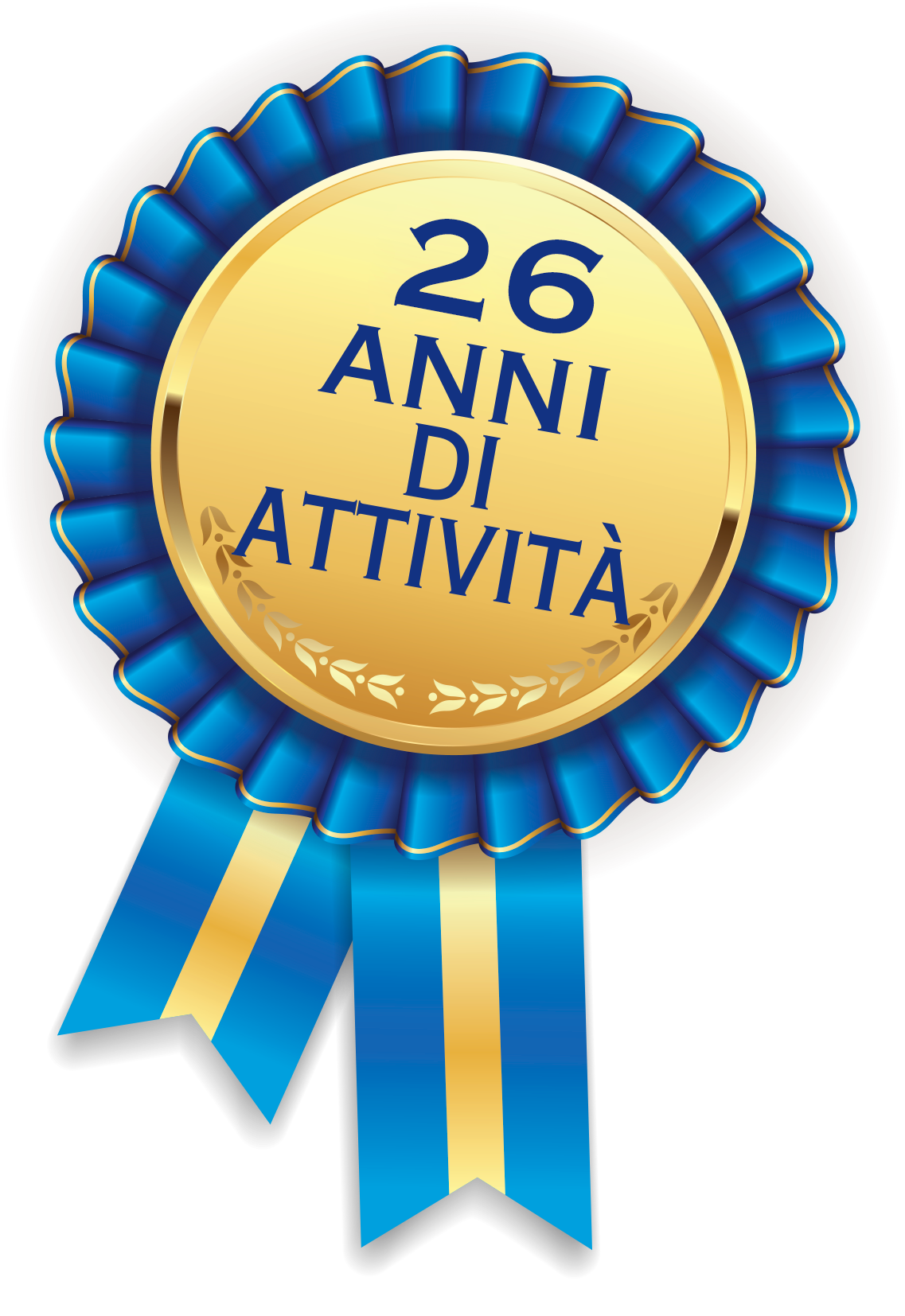Discovering Venice Ancient Synagogues and Jewish Museum
The presence of Jews in the region that was to become the Venetian republic is documented from as early as the first centuries of the vernacular era. According to the tradition they arrived in Venice, a great trading centre between East and West, towards the beginning of the eleventh century. Little by little, despite alternating moments of “permission” and “prohibition”, the number and importance of Jews in Venice grew considerably, so much that on March 29th 1516 the Republic found it necessary to enact a decree to organize their presence.
Raggio Verde Incoming Italy provides for you admittance, tickets and guided tours in the Jewish Ghetto, Miseum and in the huge Synagogues.
The Jewish Museum of Venice is situated in the Campo of the Ghetto Novo, between the two most ancient Venetian synagogues. It is a little but very rich museum founded in 1953 by the Jewish Community of Venice.
The precious objects shown to public, important examples of goldsmith and textile manufacture made between the 16th and the 19th centuries are a lively witnessing of the Jewish tradition. The museum furthermore offers a wide selection of ancient books and manuscripts and some objects used in the most important moments of the cycle of civil and religious life.The museum is built in two areas, the first one devoted to the cycle of Jewish festivities and to objects used for liturgy, the latter- planned with a greater educational approach- deals with the history of Venetian Jews through images and objects.
Sighteseeing Tours of Synagogues
The Great German Schola Built in 1528 the Great German Schola, of Ashkenazi rite, is the first synagogue of the Ghetto. It was restored in late baroc period while in the early Nineteenth some problems of statics caused the moving of the pulpit opposite the ‘Aròn Ha Qòdesh not to charge too much on the floor. The irregular plant of the Great German Schola is made harmonical by an elliptic women’s gallery and by the decorations of the walls covered with “marmorino” and by an inscription, the Ten Commandments, in golden letters with red background running all over the walls of the cultural room.
The Canton Schola was founded in 1531 / 32 and completely restored in late baroc period. The decoration of the Schola represents an unicum in Europe for the presence of eight wooden panels showing biblical episodes from the book of Exodus as the city of Jericho, the crossing of Red Sea, the altar for the sacrifices, the manna, the Ark on the banks of Jordan river, Qòrach, the gift of Torah and Moses that makes water flow from the rock.
The Italian Schola founded in 1575, is the simplest of the Venetian synagogues; it results, anyway to be the most luminous one, thanks to five wide windows opening on the south side of the square, and the most austere for the lacking of the gleaming tones of the golden leaf decorating the two Ashkenazi synagogues.
The Levantine Schola, founded in 1541, was rebuilt in the second half of 17th century. Even if without documents unequivocally proving that, it is thought that the artists who worked for the restoration were Baldassarre Longhena, whose stylistic models are clearly evident on the façade and Andrea Brustolon for the important pulpit.
Quotation on Demand for Fro Groups and Individuals
- Ferrara Discovering Medieval and Renaissance Town
- The True Story of Lucrezia Borgia - Guided Tours
- Bologna and its Medieval Charm
- Faenza and Brisighella: Art and Landscape
- Parma and Verdi Sightseeing Tour
- Ravenna and its Byzantine History –
- Vicenza and Palladio's Architecture
- Discovering Padova
- Wonderful Verona
- Bergamo 2 Cities
- City Tour in Milan
- Urbino Renaissance masterpiece
- Jewish Trieste
- Pisa,Versilia and Puccini
- Saint Marin Republic, the oldest Little Republic
- Daily Tours in Campania Archeology and Sea !
- Palermo Sightseeing Tour
- The Complete Tour of The Jewish Heritage in Trieste
- Florence ... nothing else
Contact
For information on travel and deals in Italy, planning itineraries and tours for travel agents, tour packages for individuals, driven services in the city of art groups, fill out the contact form:

